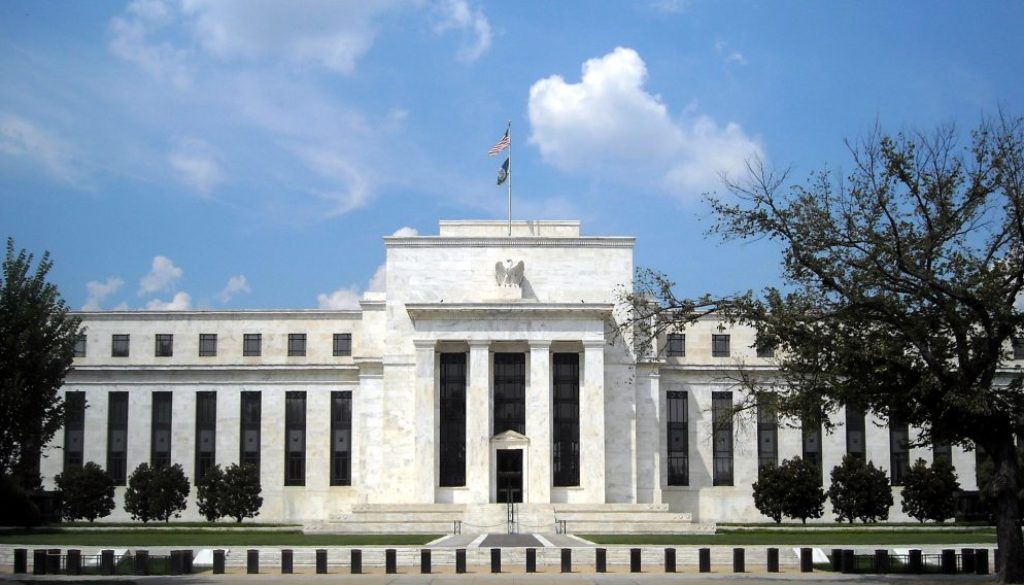Better Markets Speaks Truth to Power at Fed Stress Tests Conference
By Better Markets
Stress tests, as we’ve detailed here, have been invaluable in strengthening our financial system. They are vital tools that protect taxpayers and our economy by making sure that banks have enough capital to absorb their own losses without needing bailouts. To protect Americans’ jobs, homes and our economy, they must continue to be robust and credible.
That’s the message Better Markets President and CEO Dennis Kelleher delivered to regulators, bankers and academics gathered in Boston recently for the Federal Reserve stress tests conference, which focused on stress tests’ transparency and effectiveness. He framed the central question for policymakers as:
“Do stress tests serve their purpose in protecting the public, taxpayers, the financial system, and our economy from undercapitalized, over-leveraged, too-big-to-fail banks that pocket profts and bonuses in good times, and shift their losses to taxpayers and Main St. in a crisis?”
Not being a banker, a regulator or academic, Kelleher, in his role as an advocate for the public interest, made the following, broadly applicable observations, which irritated the industry and made some regulators uncomfortable:
- What is at stake when we talk about stress tests: the economic security, opportunity and prosperity of the American people.
- Don’t snatch defeat from the jaws of victory: US stress tests are the global gold standard.
- Stress tests are credibility tests for the Fed: Needless changes have already hurt that credibility.
- The banks’ so-called comparative advantage can be a huge disadvantage to the public: Banks may know more about their operations, but they are also more wrong, more often than others.
- A so-called “peacetime/wartime” framework is dangerous and unworkable: Recent history shows few know when a crash is coming, and claiming to plan policy based on that hoped-for clairvoyance is a fool’s errand.
- This is exactly the wrong time to reduce the rigor of stress tests or the amount and quality of capital: We are very late in the business cycle, with risks building up everywhere, while the banks break revenue, profit and bonus records.
- Conflict between bankers and regulators in financial regulation is inevitable, healthy and, indeed, a sign of success: They have fundamentally different objectives and should disagree.
- Evil actors in – or evil motives by – the private sector and bankers are not required: Competitive and market pressures and changes will inevitably result in too much risk-taking, groupthink and underestimating dangers.
- Transparency properly understood and applied is key: Public accountability is critical to properly regulating the financial industry.
- Market discipline is essential to regulating the banks, which requires the Fed to increase disclosure: Without market discipline, financial regulation will fail.
- Protecting the public, taxpayers, the financial system and our economy must be the central objective of stress tests and financial regulation broadly: Banker and bank needs must be subordinated to the public interest.

 To drive home these points, Kelleher quoted Upton Sinclair:
To drive home these points, Kelleher quoted Upton Sinclair:
“It’s difficult to get a man to understand something when his salary depends on his not understanding it.”
Knowing laughter rippled through the auditorium.
You can read Kelleher’s full written submission here or watch the video of his summary remarks here. All the papers presented at the Fed conference can be found at the conference website and the full video of the conference is available here (Kelleher’s panel begins 30:07).
If you’d prefer a short video montage of highlights, here it is:
Better Markets was pleased to be invited to speak at this critically important conference and to engage with many of the participants, from Vice Chairman Quarles and Governor Brainard, to many distinguished academics and senior representatives of the industry.

